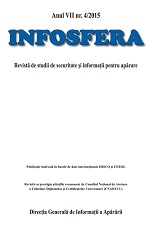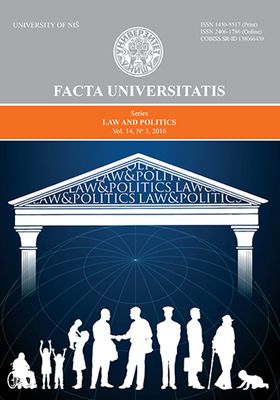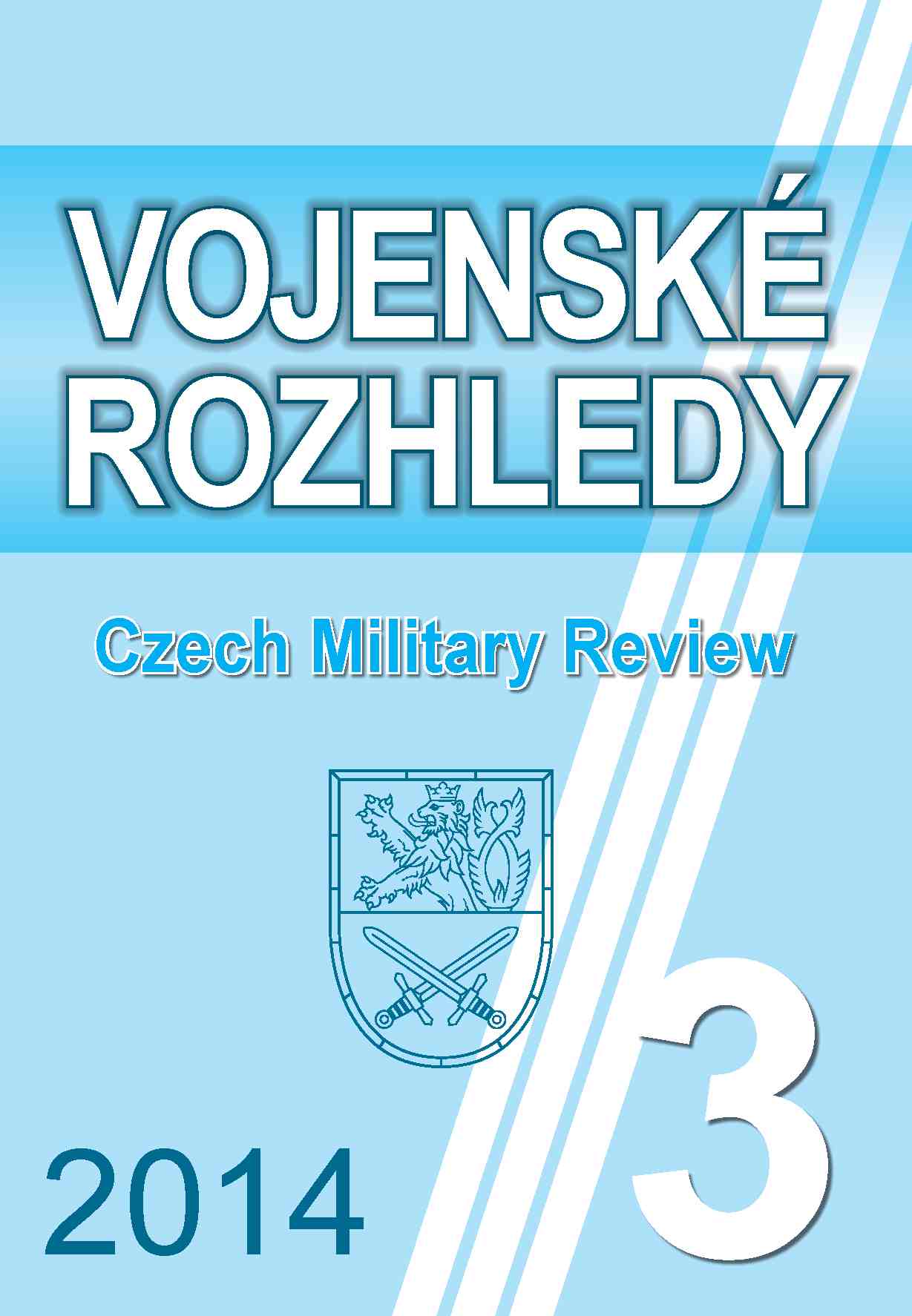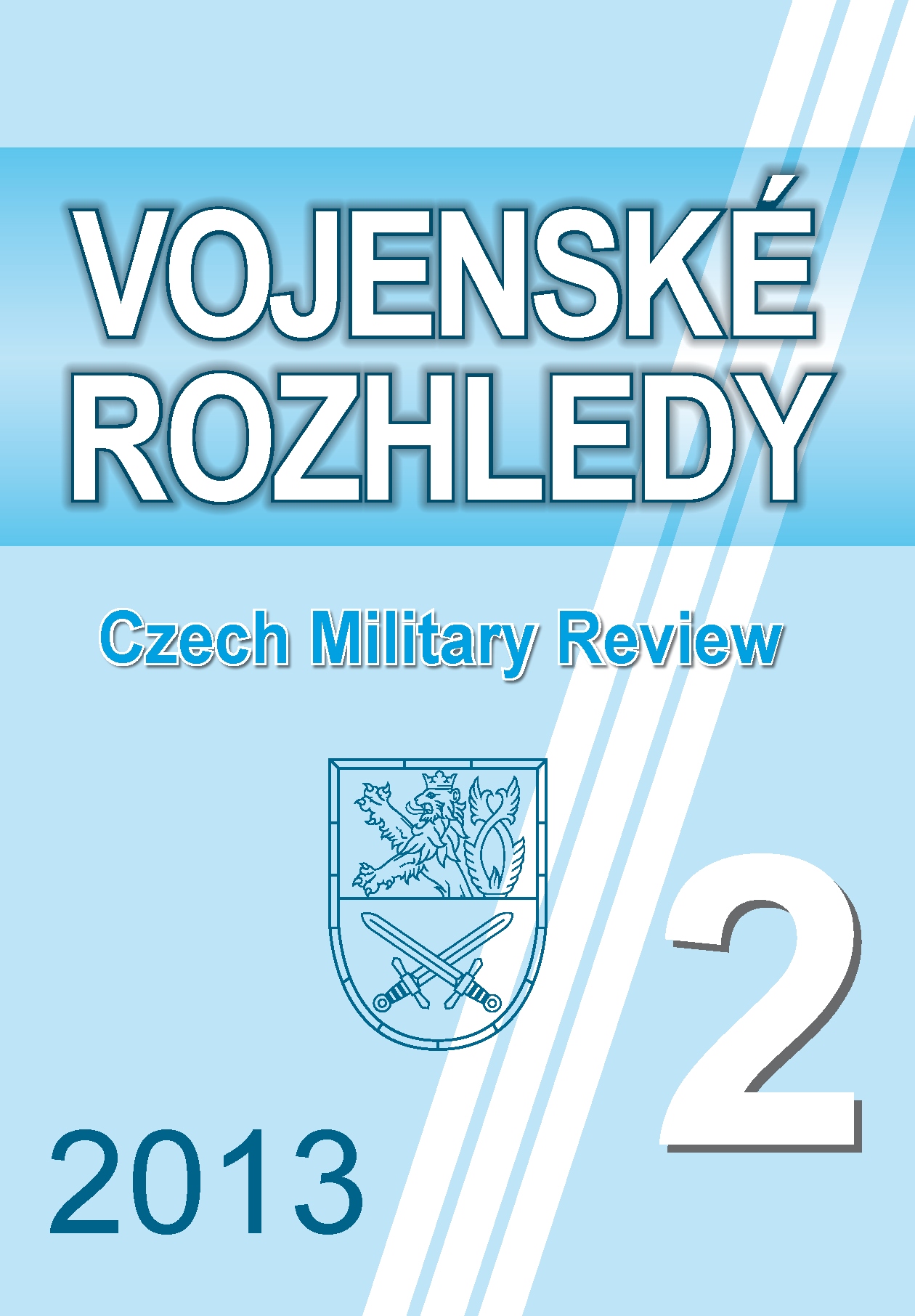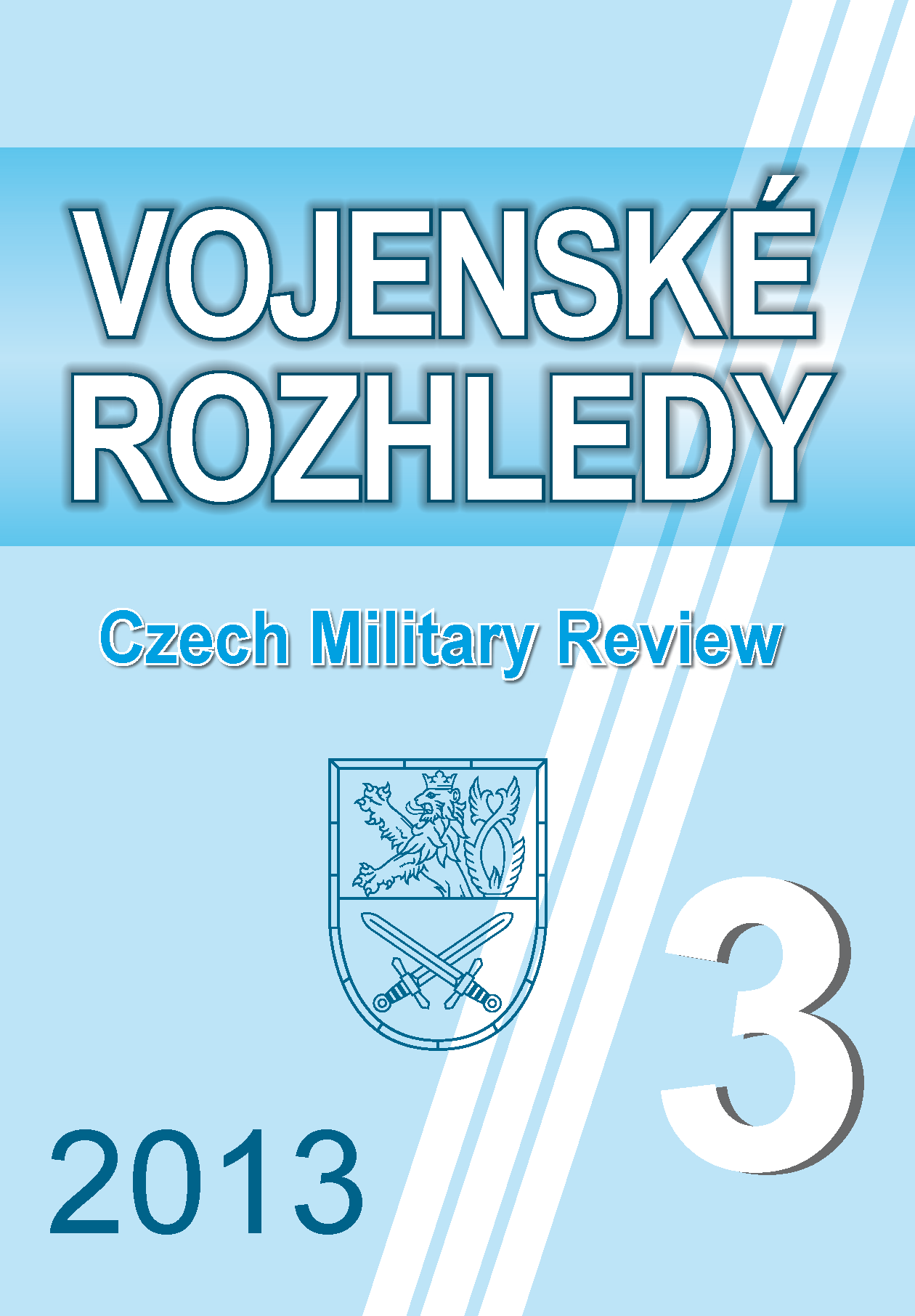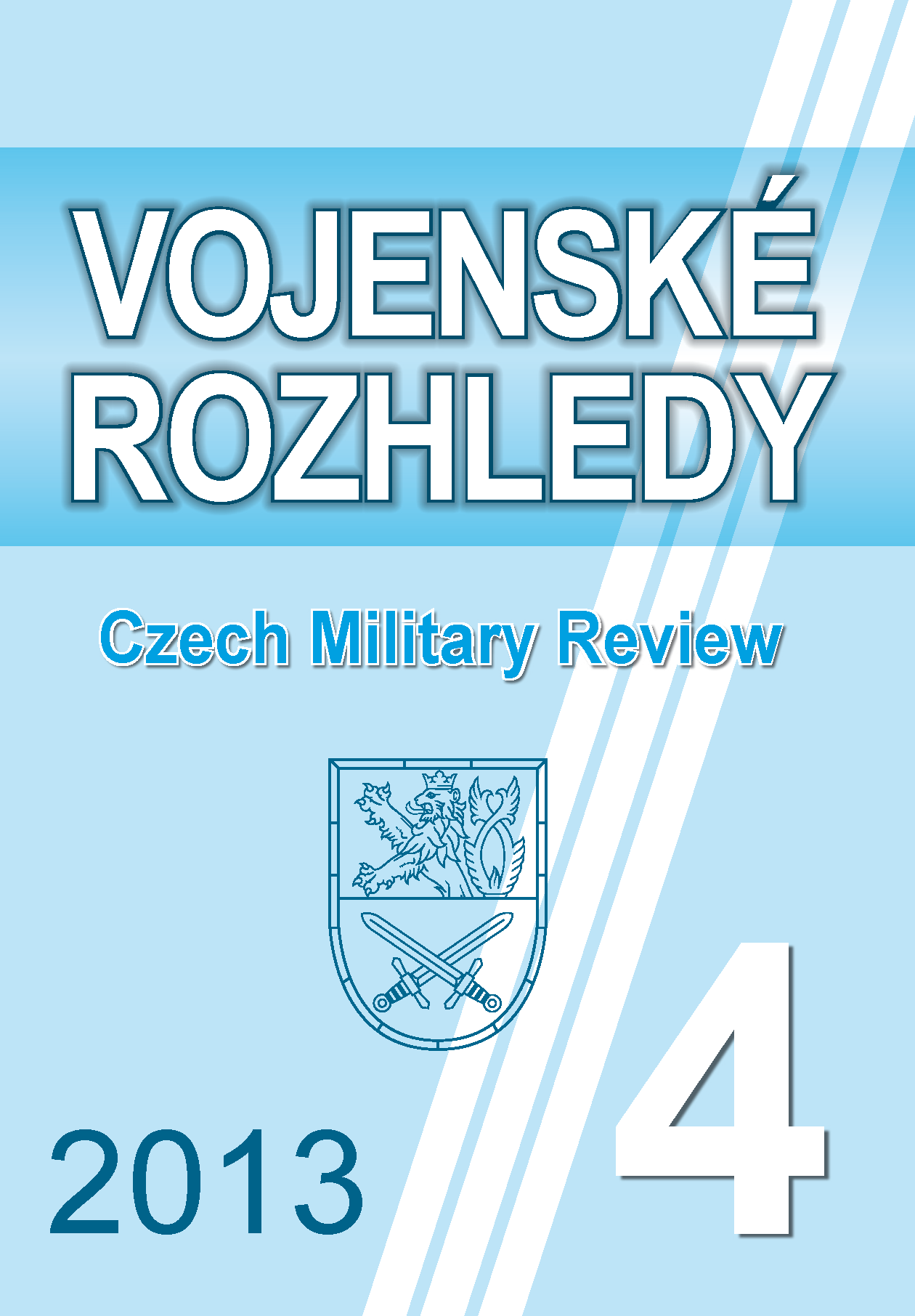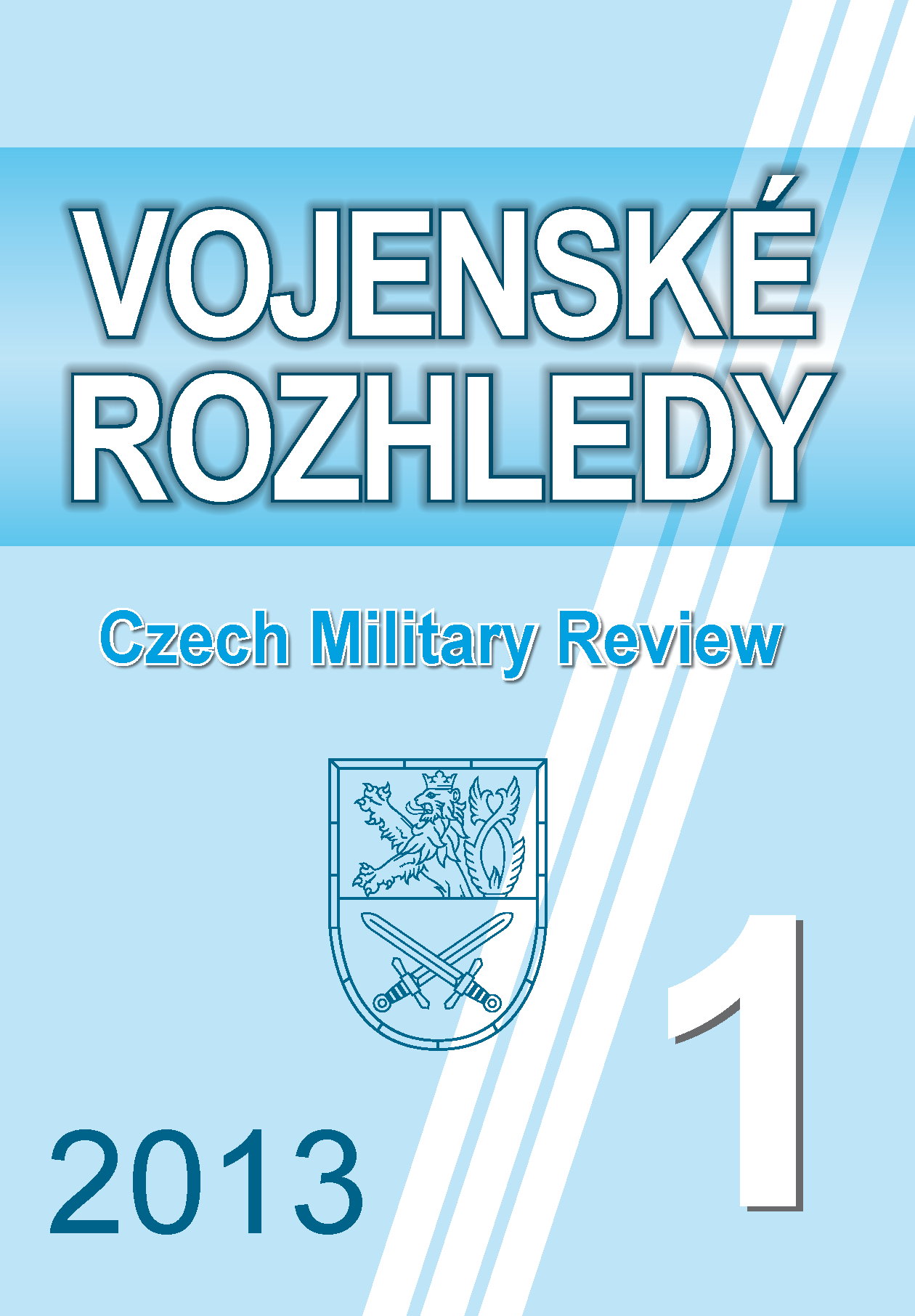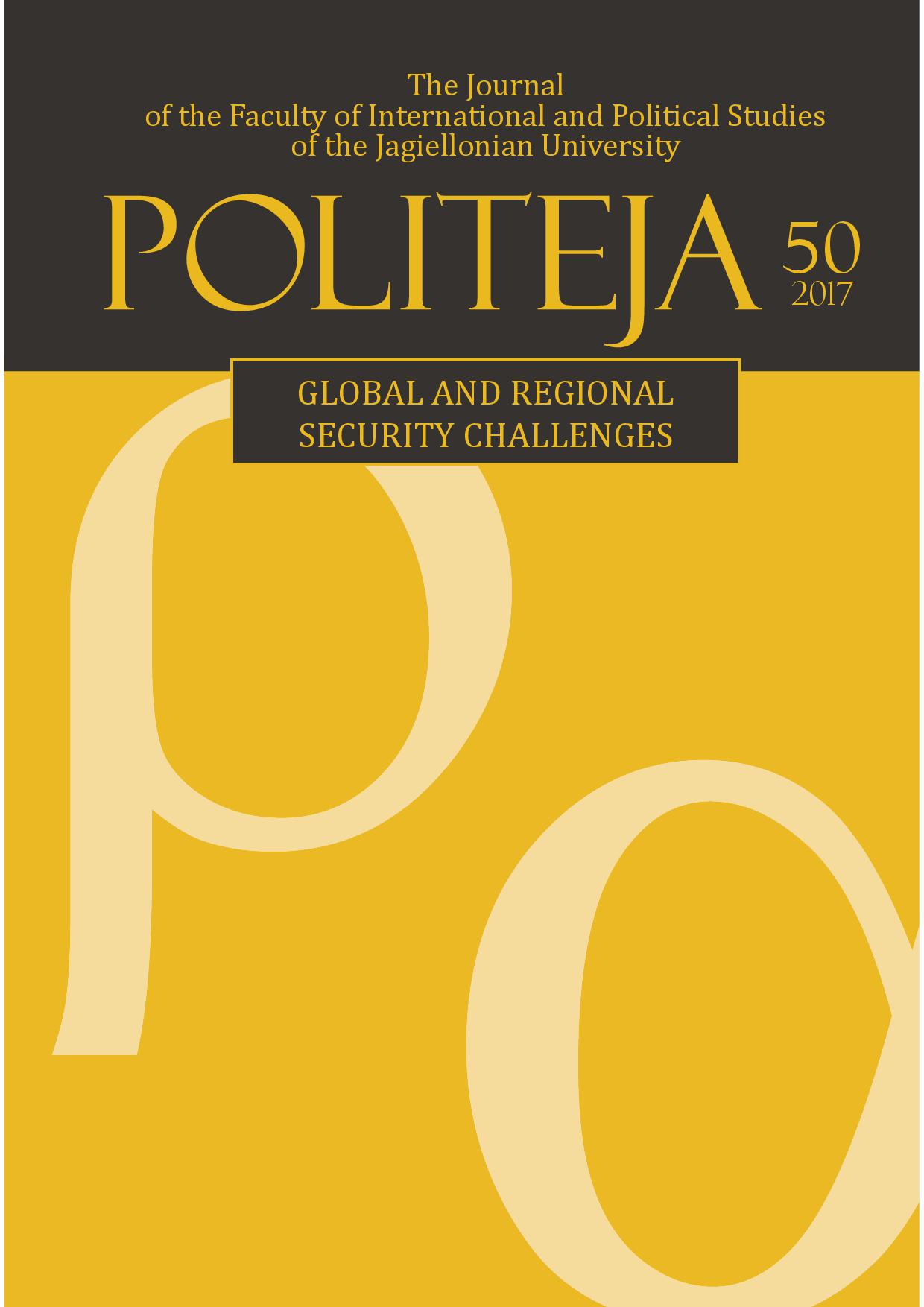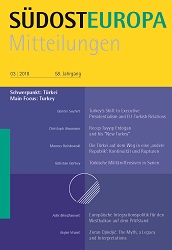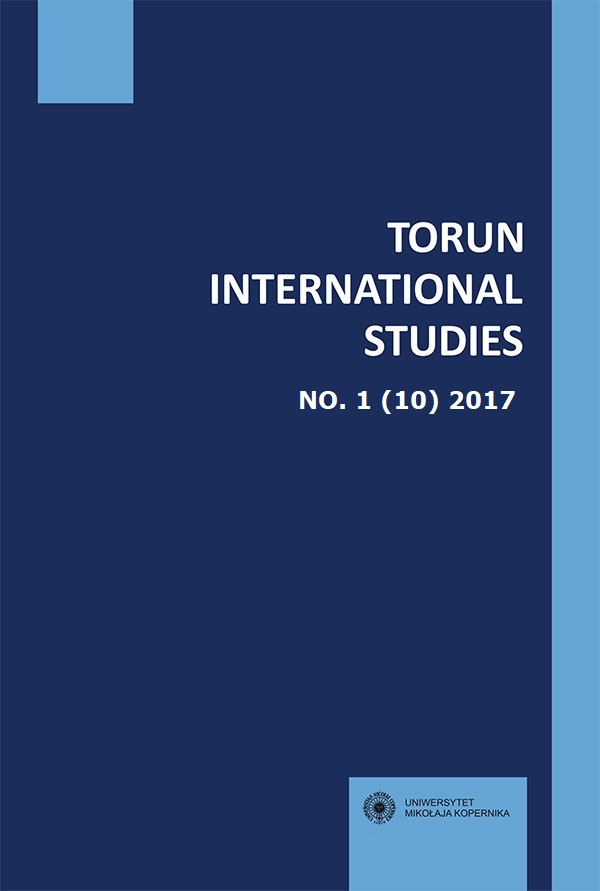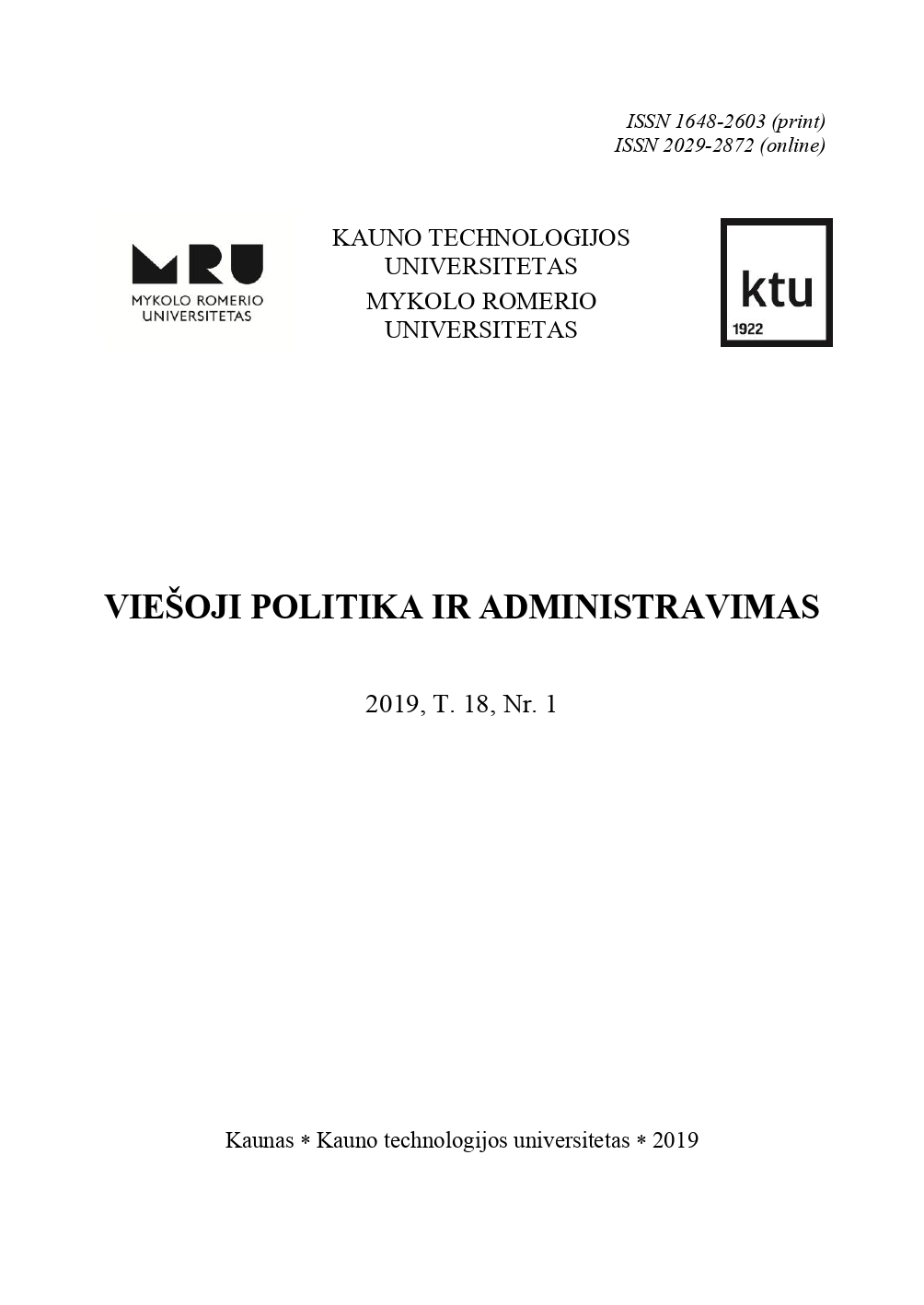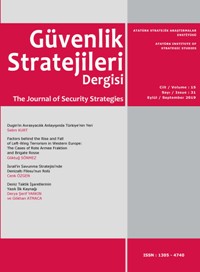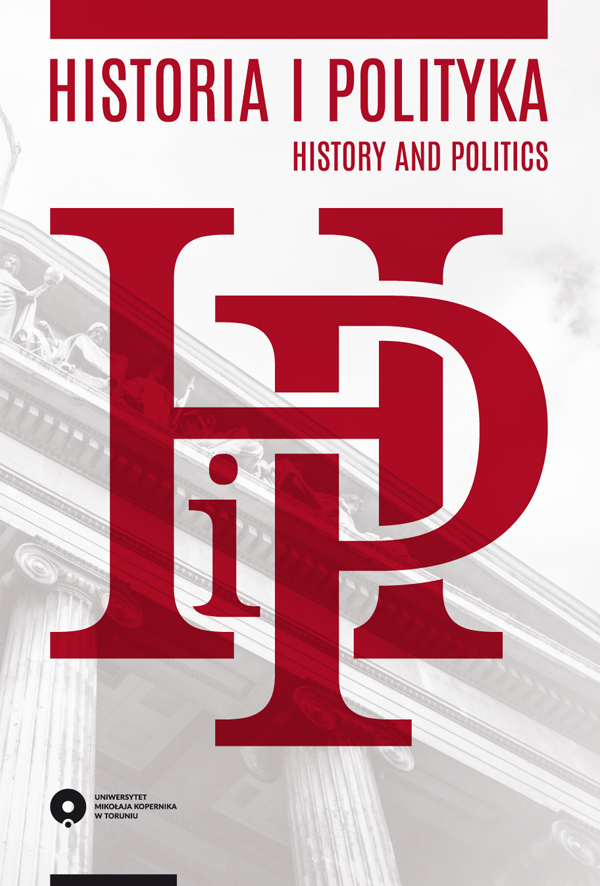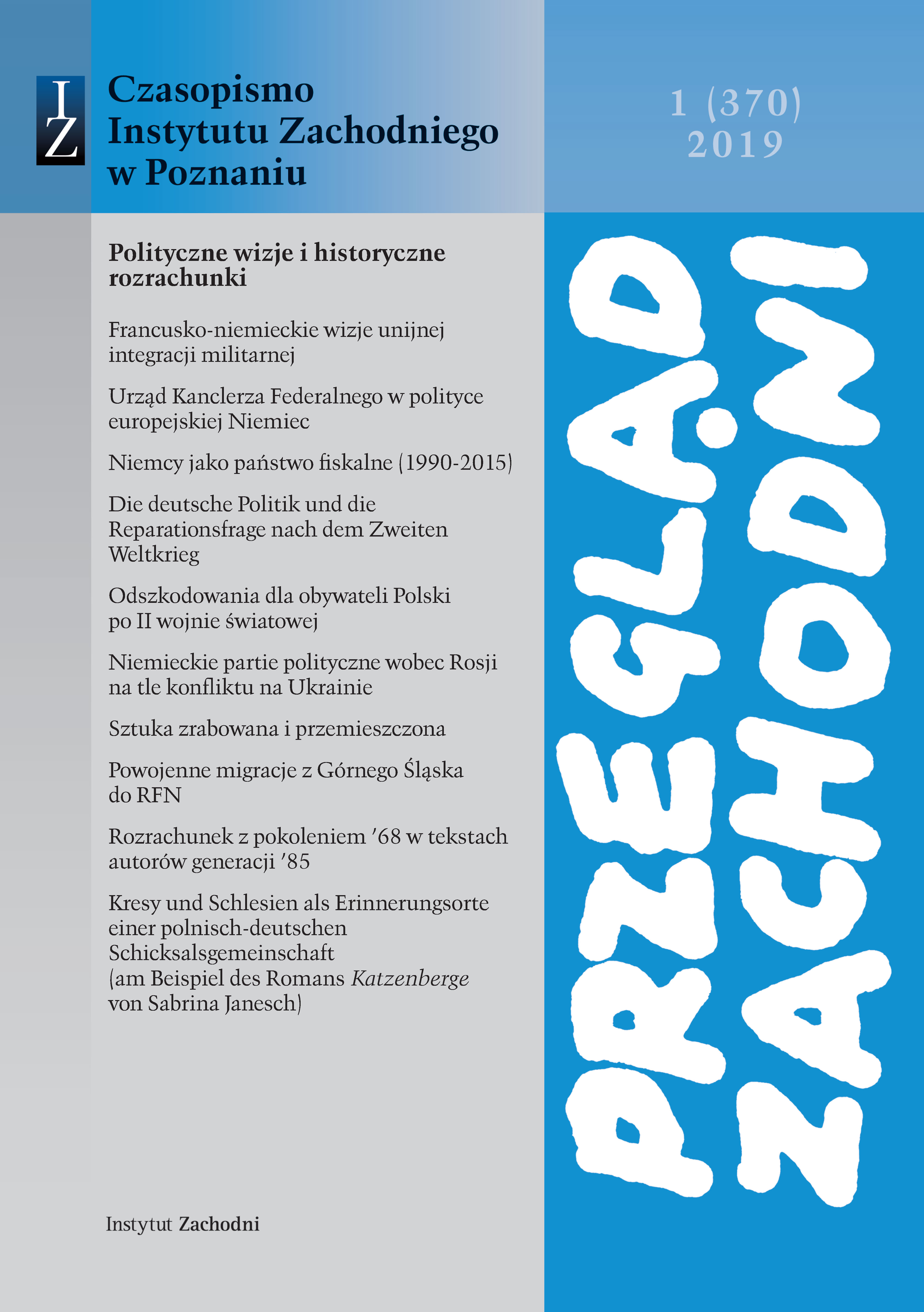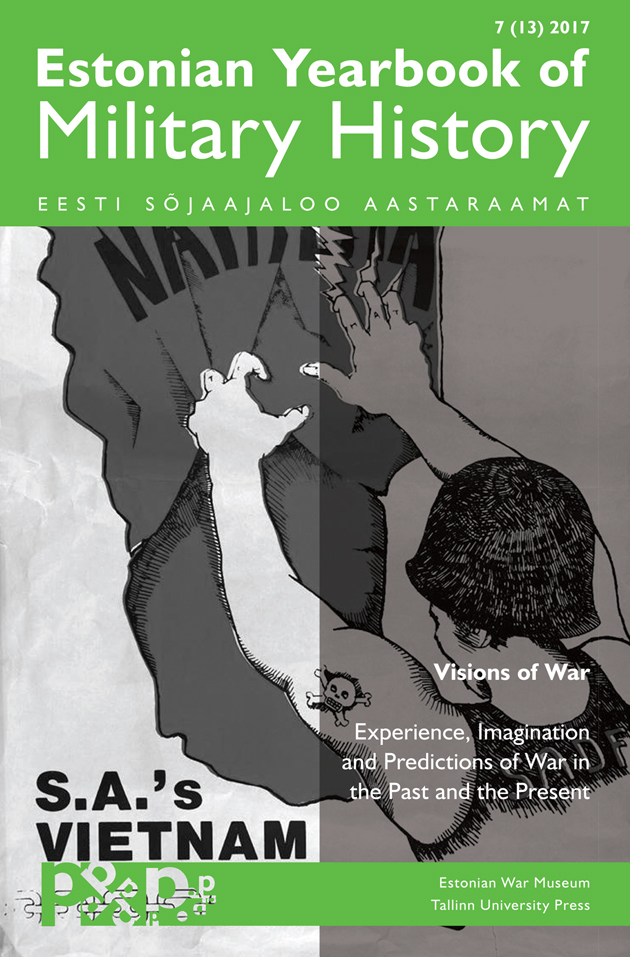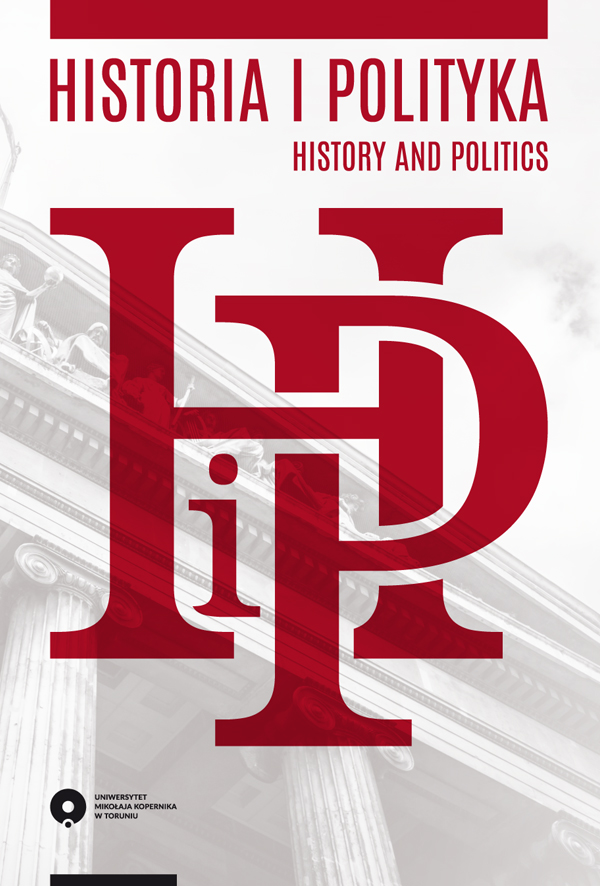Author(s): Martin Jürise,Andres Udal,Jaanus Kaugerand / Language(s): Estonian
Issue: 9/2018
Spectral distribution of the reflected light over wavelength values is a unique signature that can be used to distinguish different objects. Hyperspectral (HS) technology represents a new modern supersensor technology that can provide the detailed spectral content of the visible, ultraviolet or infrared light for every pixel in the image field. Multispectral cameras, precursors to the HS camera, appeared in the beginning of the 1980s and were able to register the image field only for a restricted number of wavelength values. The expensive HS cameras, capable of registering hundreds of wavelength values, were put into military application at the end of the 20th century but, at that time, their price remained too high for civil applications. In scientific literature, the appearance of publications on HS technology may be associated with the year 2001. The explosive exponential growth of HS research publications started around 2010–2011 when the cost of this efficient technology had dropped to a sufficiently low level to facilitate its wider take-up. This article gives an overview of the new capabilities offered by HS techno logy, able to transcend the capabilities of the human eye, which is limited to an only 3-color biological sensor system supporting a relatively narrow colour distinction wavelength window of 450–650 nm. Thus, for example, the strong “red step” between 700 and 750 nm that is an essential feature of all forests and backgrounds, and critical for all military concealment and detection tasks/operations, cannot be observed by the human eye without additional infrared vision devices. The experiments conducted with two HS cameras for the 400–1700 nm range emphasize the overall conclusion that in the modern information age, the concealment of objects has become more difficult and therefore we must begin the development of corresponding defence technologies to counter those threats. In particular, the measurements show that, although the colours of the Estonian Defence Forces correspond to the requirements of NATO standards (4360, 2836, 4698 + NATO AEP 59–65) in the infrared range, vehicles are clearly visible with hyperspectral cameras. The most serious attention should be paid to wavelengths between 600 and 700 nm, where the colour tones of the vehicles and also that of the soldiers’ clothing differ significantly from natural background colours due to the lack of chlorophyll and other biochemical compounds. In summary, the Estonian Defence Forces need a better concealment methodology that protects both military objects and people from hyperspectral monitoring systems. It is still a good idea to use natural ingredients to imitate natural backgrounds. However, for the development of effective concealment methods, modern HS technology is definitely required.
More...
